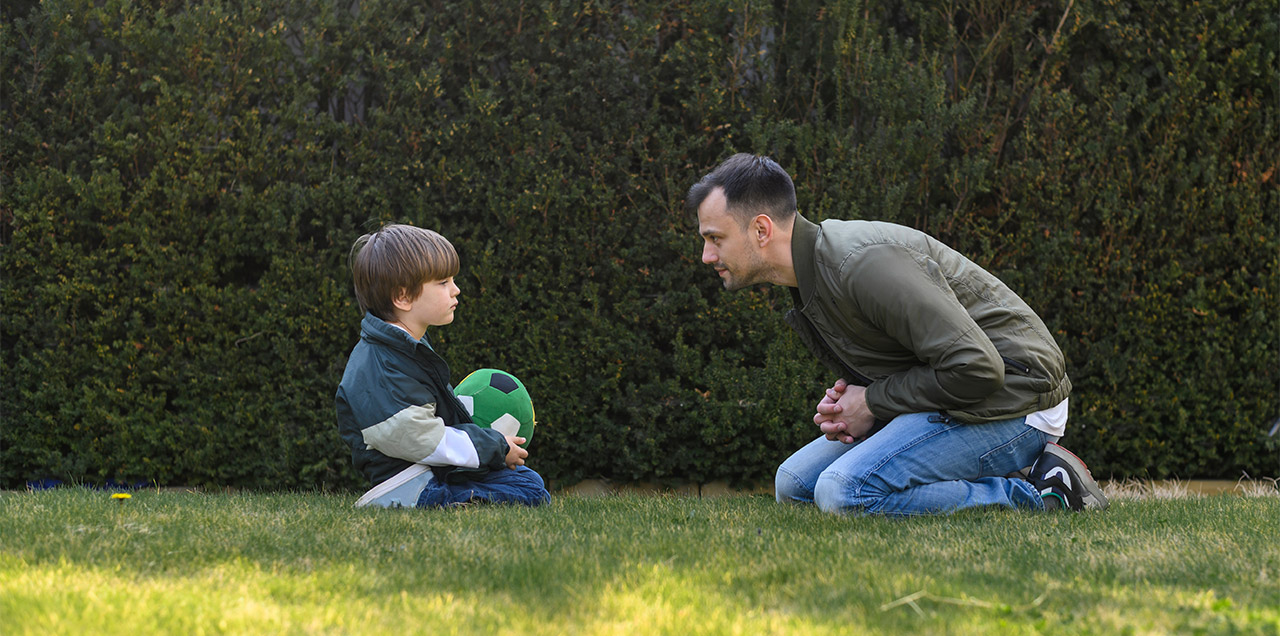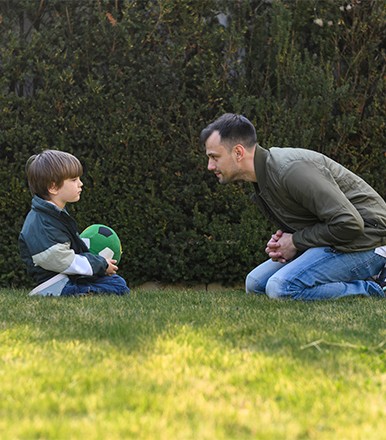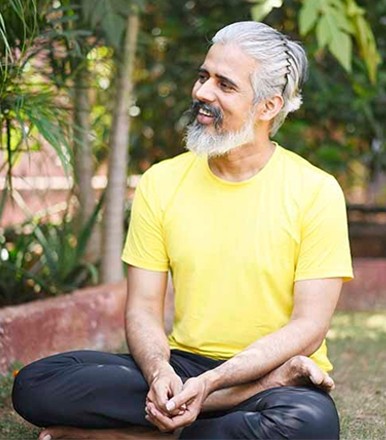Parenthood in our society often puts a bright spotlight on mothers. The challenges and rollercoaster of emotions that come with this role are often discussed in great detail. From baby showers adorned with gifts to compassionate discussions about postpartum struggles, society tends to envelop mothers in a cocoon of care, sympathy, and empathy as they embark on the transformative journey of motherhood.
However, amidst all of this, men who enter fatherhood are somewhat overlooked. Their emotions and experiences are marginalized and left unexplored. It is almost swept under the rug of “man up” to face the situation. But little do we know that beneath the façade of this manhood is an individual who, too, is grappling with the tumultuous waves of newfound fatherhood.
A study on Assessing the Mental Health of Fathers suggests that 10% of dads go through depression, while 15% of them suffer from anxiety during the first few months after the child is born. Moreover, this journey doesn’t end with the newborn phase; the pressures of parenthood, coupled with the demands of modern life, can manifest into prolonged battles with mental health challenges down the line.
Hence, in this article, we have decided to shed light on the often neglected terrain of paternal mental health. We will delve deeper into the major challenges faced by fathers as they navigate the complexities of parenthood and also provide some tools on how they can eventually overcome this phase.
Men and Fatherhood
There’s no denying the fact that motherhood is demanding and challenging. Becoming a mother is not only physically but emotionally draining as well. The varied range of emotions that a woman has to endure during this phase can never be underplayed. But that should not take away credit from men and their efforts along with their feelings.
In our society, it has been assumed that men don’t get to show their emotional side. They are supposed to be this pillar of strength that can weather any storm. While this might be good for a little while, over time, it becomes a serious issue; hence, talking about men’s problems becomes essential, especially when it comes to fatherhood.
For starters, we need to acknowledge that men, too, feel postpartum depression. This is a mood disorder that characteristically affects women after childbirth. It can cause persistent feelings of sadness, hopelessness, and worthlessness. According to an article by Mayo Clinic, men can also experience this sensation. They, too, may feel sad, tired, overwhelmed, and anxious. These symptoms often occur in young men, who have a history of depression or are struggling with their relationships, finances, or any other external challenges.
Another thought that often plagues men is that parenting should come naturally when you become a dad. Both men and women share this notion: when they make mistakes or things don’t go according to plan, they start crumbling under the expectation of society’s standards. Dads, too, just like mothers, start questioning their adequacy as fathers, often leading to mental health issues that can have a long-term impact.
Considering how much men have to go through daily after becoming fathers, it is important to take care of one’s mental health. And you can only do that by tuning into your feelings and recognizing early signs of things that don’t feel quite right. If you are feeling low on morale, worry too much, have trouble sleeping, or don’t enjoy activities that you previously did, then chances are that your mental health needs some attention.
Why is fathers’ mental health important?
The easier and simpler answer to this question should be: because they are human and deserve to live a happy life. However, beyond the personal experiences of fathers, their moods and behavior can have a direct impact on their children.
According to psychologist Albert Bandura, children naturally engage in observational learning. The imitation, along with social understanding, begins in children as young as two years old. Hence, watching a father struggle with mental health issues – sadness, frustration, anger, or even isolation – can have a significant impact on the child, too, in multiple ways.
It can, over time, result in the fathers resorting to harmful habits like drinking alcohol, consuming substances like drugs, and battling high levels of stress. Kids have the front-row seat to everything happening in their parents’ life. Witnessing their father fail to deal with his mental health issues can also cause behavioral problems in children.
Solution and Resolves
Finally, we arrive at the right question: How can men prioritize their mental health? The answer lies in the age-old wisdom of reading books. If you are in the early stages of fatherhood, you can acquire knowledge on how to prepare for it. This will certainly bolster your confidence.
Another thing that you can do is get involved early. Start with not the child itself but be there for your pregnant wife as well. Make your physical and emotional presence felt. By doing this, you will feel more connected and confident about the new role. Nervousness is normal when such a big change comes into one’s life; the difference is in how you choose to deal with it.
Somewhere down the line, we have heard that “it takes a village to raise a child.” This means that you don’t have to do it all alone. If you feel like it is too much stress, which childbirth mostly is, then you can seek out help from your community. The Western idea of individualism might be good for personal growth, but it also tends to leave one alone. So, don’t be enslaved by it and reach out to people who you think care for you.
Last but not least, talk about it. The pandemic has taught us the importance of mental health and how to improve it. Today, there are various options at your disposal through which you can seek help. Reach out to experts and talk about the issues and thoughts that are forming in your mind and let it all out.
Recognizing and addressing fathers' mental health struggles is crucial for a balanced approach to parenthood. By encouraging open conversations and reducing stigma, we can create a supportive environment where fathers feel understood and valued. This change not only helps fathers but also strengthens family bonds, leading to healthier emotional growth in children. Embracing both parents' emotional needs ensures a strong, nurturing foundation for the entire family, helping everyone to thrive.
Check out Hello Fitness Magazine. There is never a wrong time to go on a fitness quest. Contact us and allow us to assist you in leading a better lifestyle. Follow us on Instagram. We share the best Health & Fitness related Articles for information based on healthy eating, health and fitness recommendations, health problems and their solutions, human body fitness, and much more.














